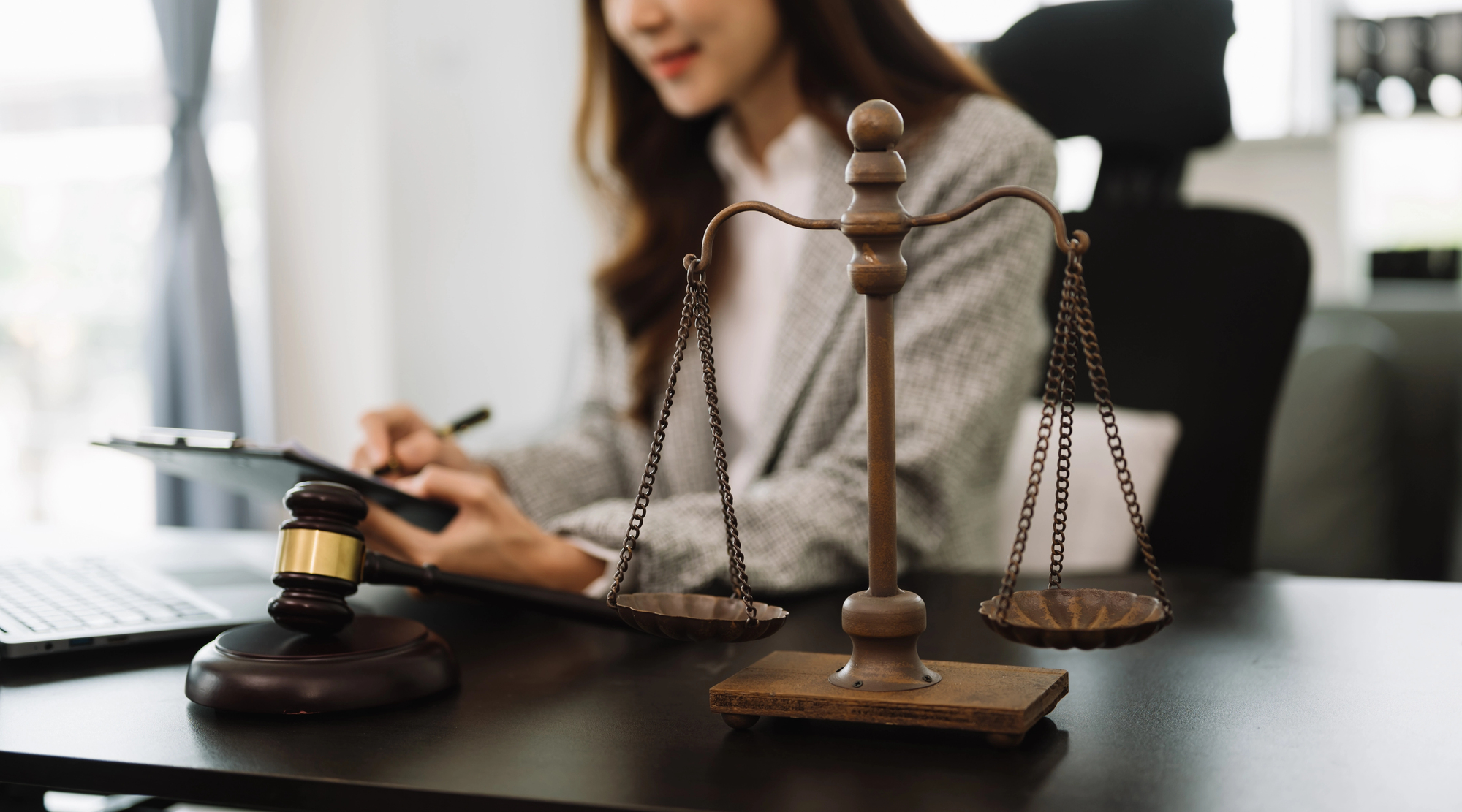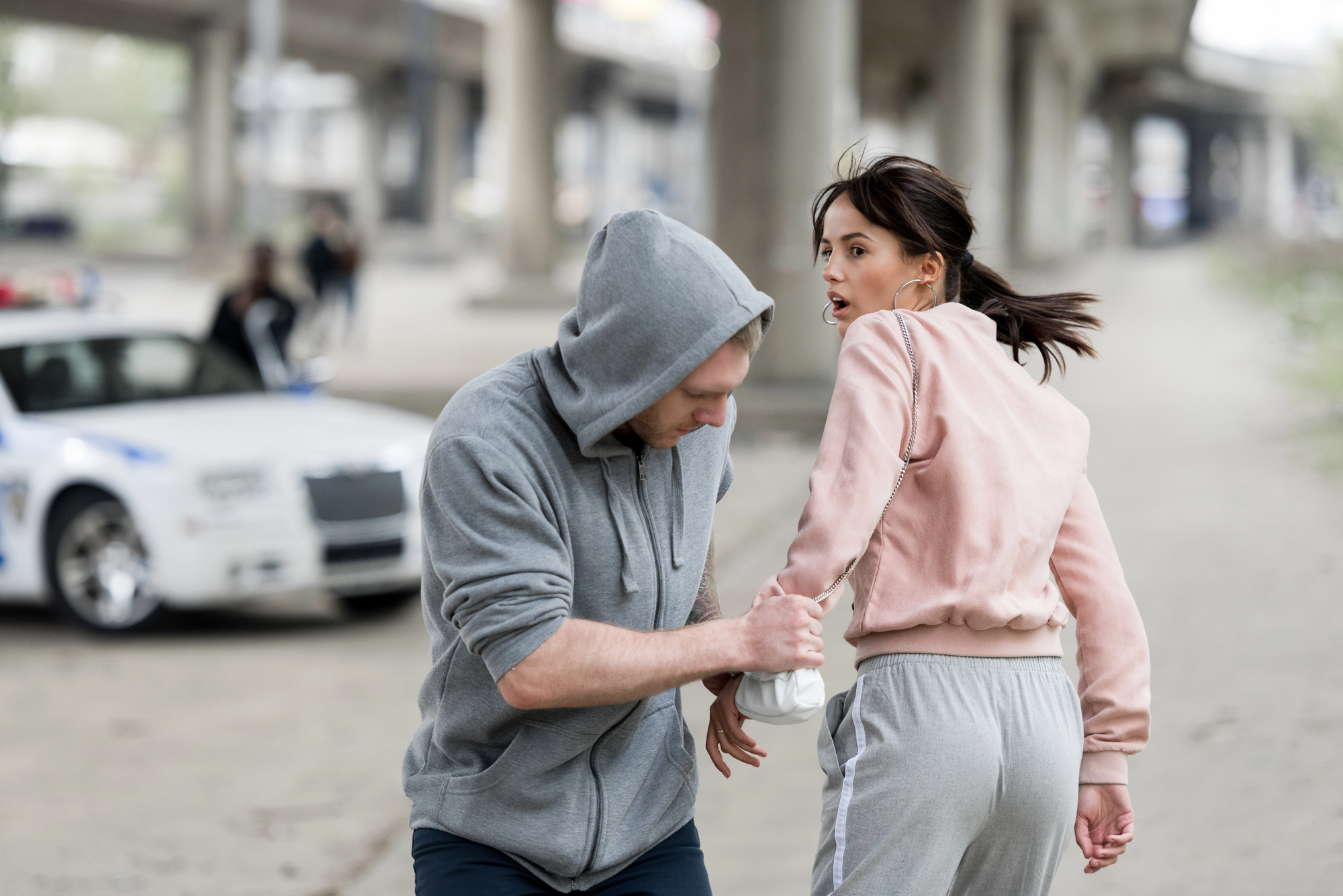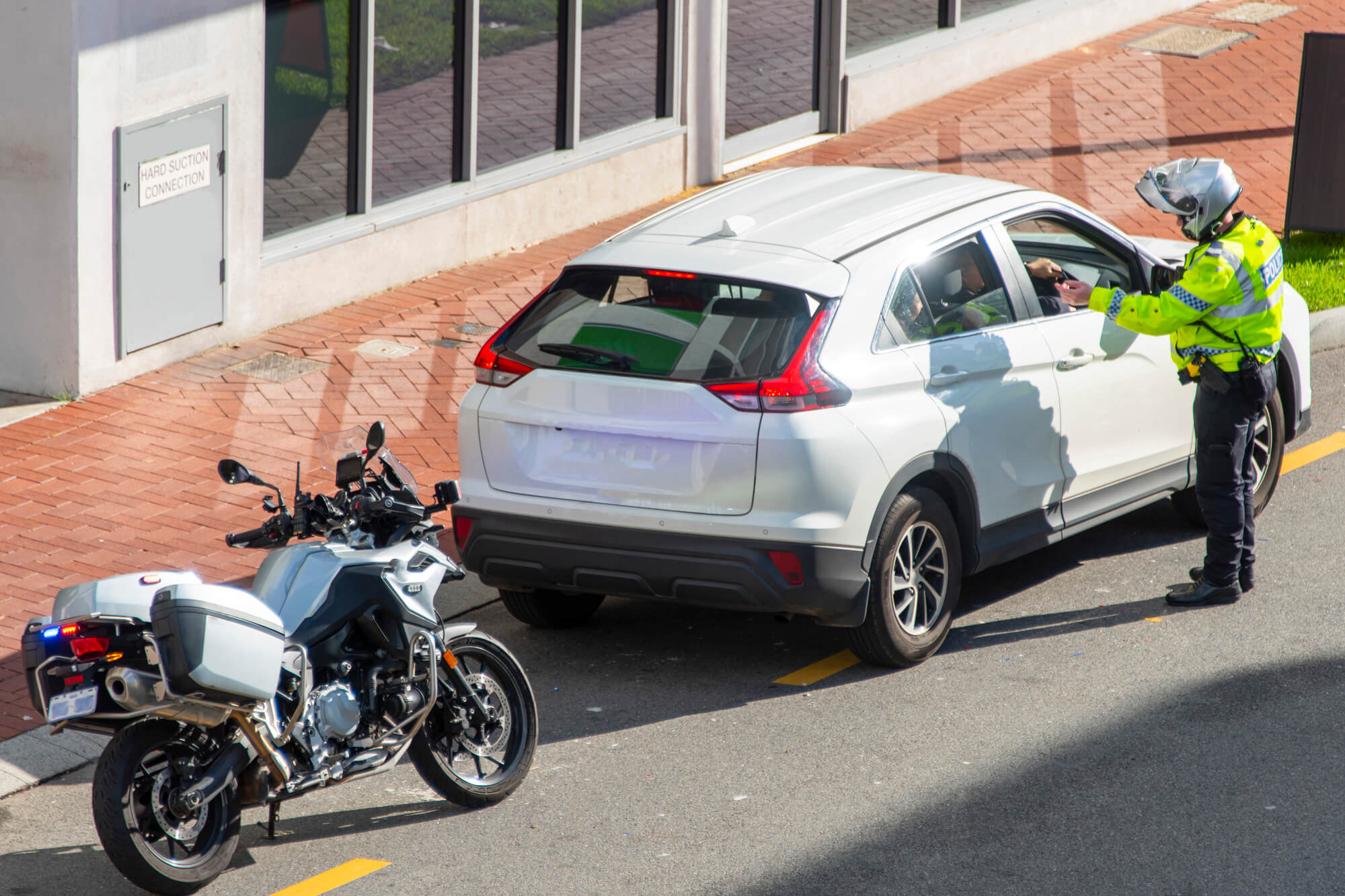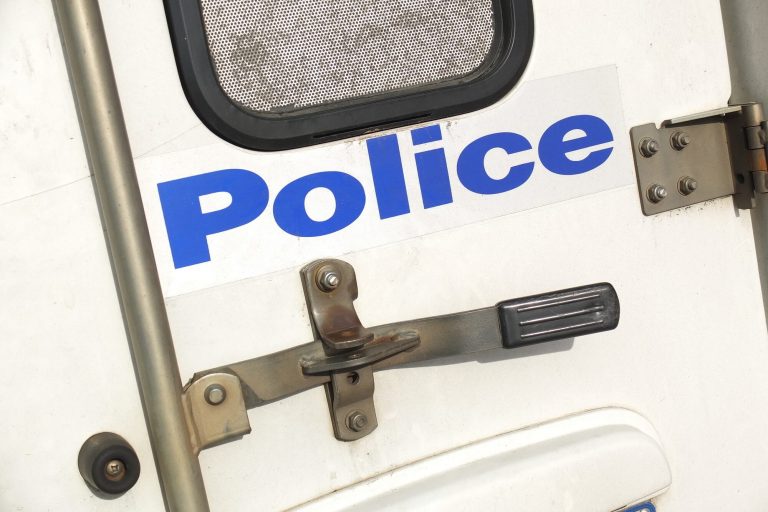 August 30, 2023
August 30, 2023
In any society, the role of a law enforcement officer is undeniably crucial. These dedicated professionals are entrusted with the task of upholding the law, ensuring public safety, and maintaining order. The presence of police officers on our streets, in our neighbourhoods, and at public events is a visible reminder of their commitment to keeping our communities secure. However, while their presence is reassuring, it’s equally important for individuals to be well-informed about their own rights and responsibilities when interacting with police in Australia.
It’s important to remember that mutual respect and cooperation are key. While police officers are trained to approach situations with professionalism and respect, individuals also have responsibilities to uphold. Being aware of how to engage with the police in a respectful and responsible manner not only helps to ensure a smoother interaction but also contributes to the overall safety of the community.
Let’s explore the fundamental rights you possess as an individual during a police encounter, the responsibilities you bear to ensure a constructive interaction, and the legal obligations that police officers themselves must adhere to.
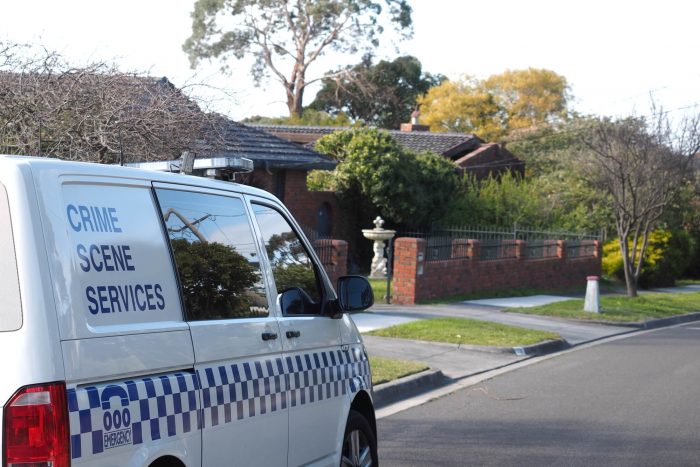
Understanding your rights empowers you to make informed decisions and protects you from potential infringements. Here are the key rights you have when dealing with the police:
One of the fundamental rights you possess when dealing with the police is the right to remain silent. This means you are not obligated to answer any questions asked by the police, except for providing your name, address, and date of birth. Any information beyond these details can be refused without negative inference drawn from your silence. Remember, speaking to the police without legal advice could unintentionally provide evidence that might be used against you later.
If police wish to question you about a criminal offense, you have the right to call a relative, friend, or lawyer to be present during your questioning. You even have the right to request legal advice before participating in any interview. It’s advisable to consult a lawyer before speaking to the police, as they can provide guidance on how to protect your rights and navigate the legal process. Organisations such as ours, Riviere Law, are experts in legal representation and should be your first point of contact before disclosing any further information to the authorities.
When being questioned by the police, you have the right to speak to both a solicitor – discussed above – and a friend before the interview. You can even ask for a relative or friend to be present during your questioning! Additionally, you have the right to make a phone call to inform someone of your location and request their support in interacting with the police.
If you have been arrested, the police are required to inform you of the nature of the criminal matter for which you are being arrested. This information should be provided to you as soon as possible after your arrest, ensuring that you are aware of the charges against you.
After you have been arrested, the police can detain you for a reasonable time to question you about an offense. The duration of this detention can vary between states. in New South Wales (NSW), police are authorised to detain an individual for a specified duration before deciding to charge or release them. Initially, this detention can last for up to 4 hours. However, it’s crucial to note that this period can be extended to up to 8 hours, but only with permission from an authorised officer or magistrate. Additionally, if detained for 8 hours, police cannot question you about the offense for more than 4 hours of the 8-hour period.
For individuals under 18 years of age, the initial detention period is shorter, lasting 2 hours with a possible extension to 4 hours.
You have the right to refuse consent if the police ask to search you, your vehicle, or your home by exercising your right to privacy. Police can only conduct searches without a warrant under specific circumstances. In New South Wales, the regulation of personal searches falls under the Law Enforcement (Powers and Responsibilities) Act 2002 (NSW). This legislation grants NSW police the authority to halt, search, and detain individuals when there exists reasonable grounds or suspicion warranting the search. In these situations, police are obligated to provide evidence of their official status as law enforcement officers. They must disclose their name, police station, and the rationale behind the search. Furthermore, it’s imperative to note that they must also communicate that failure to comply with the search could lead to an arrest.
If the police conduct a search of your home without a warrant, they are required to apply to a magistrate for a “post-search approval order” after the search has taken place. This ensures that any search conducted without a warrant is reviewed and authorised by a judicial authority.
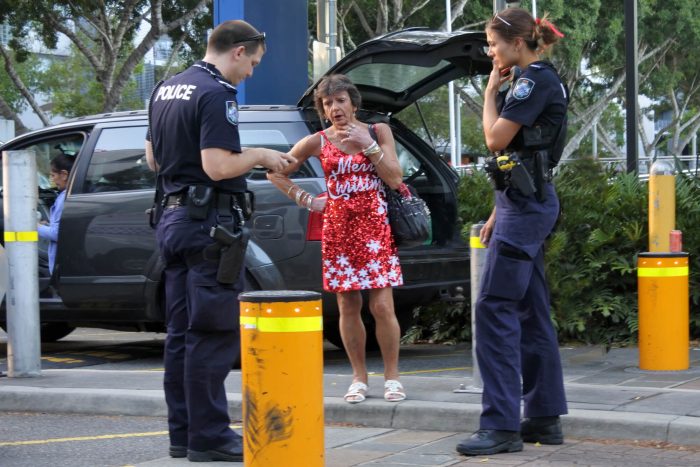
Understanding your responsibilities and following best practices is crucial to ensure a smooth and respectful interaction. Here are some key responsibilities and best practices to keep in mind:
Always approach police interactions with a respectful and cooperative attitude. Politeness and calmness can go a long way in establishing a positive rapport. If you’re unsure about the rank of a police officer, addressing them as ‘officer’ is a polite and appropriate way to communicate. Avoid any form of resistance, abusive language, or violence towards police officers. Treat them with the same respect you expect in return.
When questioned by the police, provide accurate information such as your name, address, and date of birth. Lying or providing false information can lead to legal consequences. If you’re unsure about a question or uncomfortable answering, it’s within your rights to remain silent beyond providing basic information. Any information you provide may be used as evidence.
If the police have reasonable suspicion and ask to search you, your vehicle, or your belongings, it’s generally advisable to comply. Refusing consent can sometimes lead to unnecessary complications. While you have the right to refuse consent, being polite and cooperative during a search can help ensure a smoother process. Avoid obstructing the search as well, even if you choose not to actively assist.
If you’re being questioned about a criminal offense, exercise your right to legal representation. Having a lawyer, friend, or relative present during questioning can help protect your interests and is a responsible course of action. Before participating in an interview with the police, it’s wise to consult a criminal defence lawyer for advice. Legal experts can guide you through the process and safeguard your rights.
Stay composed and calm throughout the interaction. Emotional reactions can escalate situations unnecessarily. If you’re under 18, it’s important to note that you have the right to have a responsible adult present during questioning. This ensures that your best interests are considered.
If you suspect your rights have been violated during a police encounter, it’s crucial to respond thoughtfully. First, remain calm and composed. Document the incident’s details, including dates, times, and the officers involved. Seeking legal advice is also paramount – consult a criminal law expert who can guide you through your options. Collect any evidence you may have, like photos, videos, or witness accounts. You can then lodge a formal complaint (with guidance from your legal representative) to the appropriate authority responsible for handling police misconduct in your jurisdiction.
Legal boundaries exist on both sides of the fence, so hopefully things don’t come to this, however being aware of your rights and responsibilities when interacting with the police in Australia empowers you to engage appropriately while also protecting your interests.
